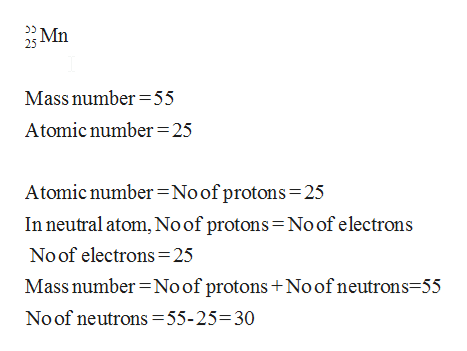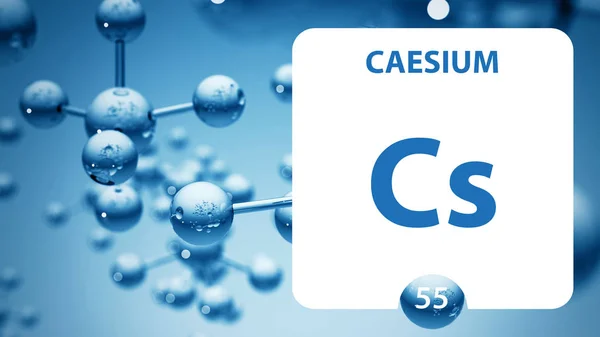- Atomic number 55: 1 n a soft silver-white ductile metallic element (liquid at normal temperatures); the most electropositive and alkaline metal Synonyms: Cs, caesium, cesium Types: cesium 137 a radioactive isotope of cesium used in radiation therapy Type of: metal, metallic element any of several chemical elements that are usually shiny.
- Atomic Number 55 is belong to element of Caesium. Chemical symbol for Caesium is Cs. Number of protons in Caesium is 55. Atomic weight of Caesium is 132.905452 u or g/mol.
- Periodic Table of Elements - The periodic table is a very useful listing of all 118 elements by symbol, atomic number, and atomic mass and molecular mass. Elements with similar chemical properties are called groups. Visit BYJUS to learn more about it.
- Cesium or caesium is a metal with the element symbol Cs and atomic number 55. This chemical element is distinctive for several reasons. Here is a collection of cesium element facts and atomic data.
Atomic Numbers Of Elements

Element Caesium (Cs), Group 1, Atomic Number 55, s-block, Mass 132.905. Sources, facts, uses, scarcity (SRI), podcasts, alchemical symbols, videos and images.
Crossword clues for 'ATOMIC NUMBER 55'
|

Synonyms, crossword answers and other related words for ATOMIC NUMBER 55 [cesium]
We hope that the following list of synonyms for the word cesium will help you to finish your crossword today. We've arranged the synonyms in length order so that they are easier to find.4 letter words
GOLD - IRON - LEAD5 letter words
METAL6 letter words
CESIUM - SILVER15 letter words
METALLIC ELEMENTDefinition of cesium
- a soft silver-white ductile metallic element (liquid at normal temperatures); the most electropositive and alkaline metal
Anagrams of cesium


Cs Element Period
MISCUEThanks for visiting The Crossword Solver.
We've listed any clues from our database that match your search. There will also be a list of synonyms for your answer. The synonyms have been arranged depending on the number of charachters so that they're easy to find.
If a particular answer is generating a lot of interest on the site today, it may be highlighted in orange.
If your word has any anagrams, they'll be listed too along with a definition for the word if we have one.
We hope that you find the site useful.
Regards, The Crossword Solver Team
What Is Cesium Used For
More clues you might be interested in
Atomic Number 55 Caesium
The atomic mass of an element is the average mass of the atoms of an element measured in atomic mass unit (amu, also known as daltons, D). The atomic mass is a weighted average of all of the isotopes of that element, in which the mass of each isotope is multiplied by the abundance of that particular isotope. (Atomic mass is also referred to as atomic weight, but the term 'mass' is more accurate.)
For instance, it can be determined experimentally that neon consists of three isotopes: neon-20 (with 10 protons and 10 neutrons in its nucleus) with a mass of 19.992 amu and an abundance of 90.48%, neon-21 (with 10 protons and 11 neutrons) with a mass of 20.994 amu and an abundance of 0.27%, and neon-22 (with 10 protons and 12 neutrons) with a mass of 21.991 amu and an abundance of 9.25%. The average atomic mass of neon is thus:
| 0.9048 | × | 19.992 amu | = | 18.09 amu |
| 0.0027 | × | 20.994 amu | = | 0.057 amu |
| 0.0925 | × | 21.991 amu | = | 2.03 amu |
| 20.18 amu |
The atomic mass is useful in chemistry when it is paired with the mole concept: the atomic mass of an element, measured in amu, is the same as the mass in grams of one mole of an element. Thus, since the atomic mass of iron is 55.847 amu, one mole of iron atoms would weigh 55.847 grams. The same concept can be extended to ionic compounds and molecules. One formula unit of sodium chloride (NaCl) would weigh 58.44 amu (22.98977 amu for Na + 35.453 amu for Cl), so a mole of sodium chloride would weigh 58.44 grams. One molecule of water (H2O) would weigh 18.02 amu (2×1.00797 amu for H + 15.9994 amu for O), and a mole of water molecules would weigh 18.02 grams.
Atomic Number 55 Mass Number 133

The original periodic table of the elements published by Dimitri Mendeleev in 1869 arranged the elements that were known at the time in order of increasing atomic weight, since this was prior to the discovery of the nucleus and the interior structure of the atom. The modern periodic table is arranged in order of increasing atomic number instead.
